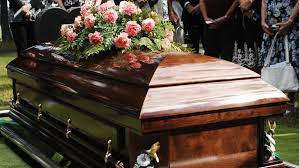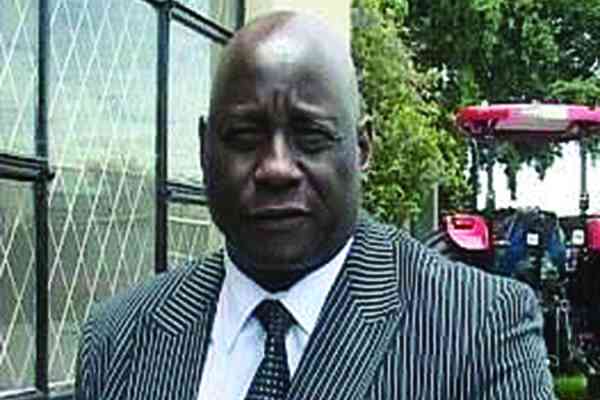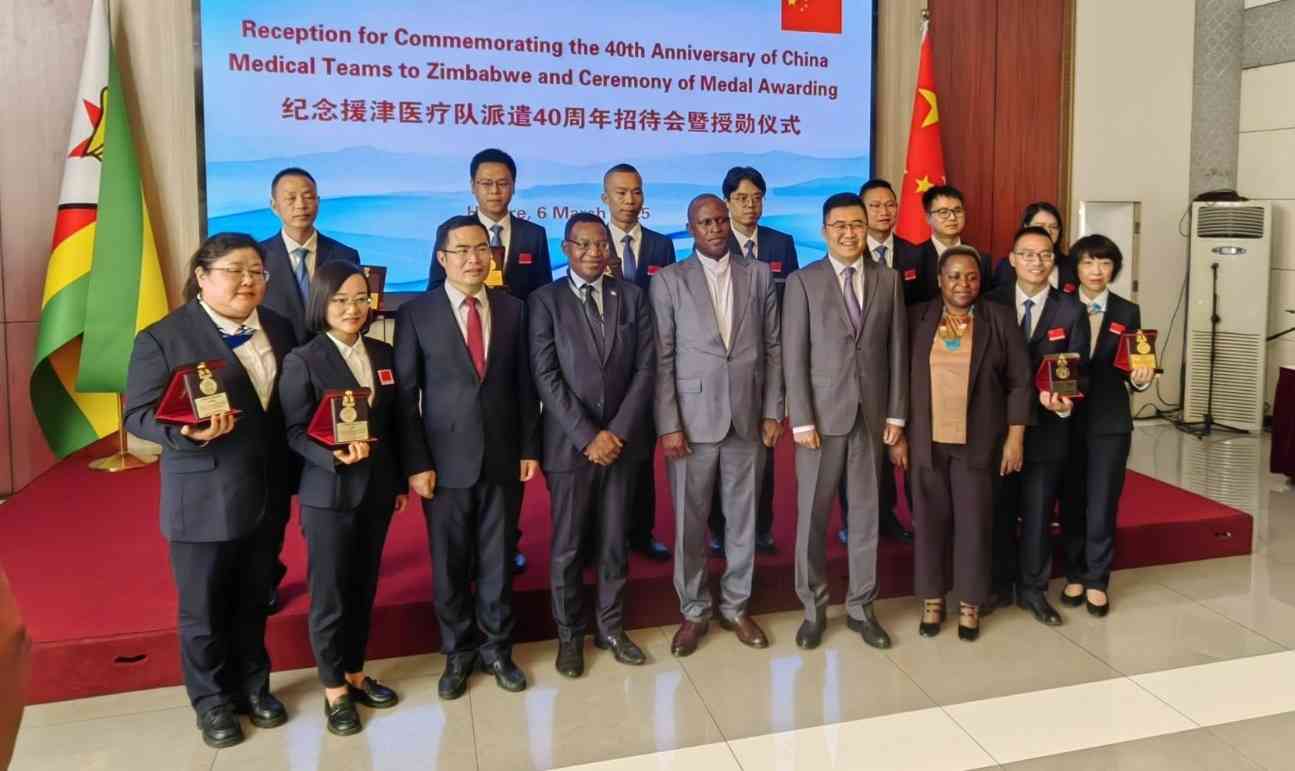DUMA Boko began his reign as Botswana’s sixth President on Friday, ending the 58-year reign of the Botswana Democratic Party (BDP).
Boko’s Umbrella for Democratic Change (UDC) swept to power with an unassailable 36 seats. BDP, the party many Motswanas had known to occupy State House, is now an opposition political party after coming a distant fourth with four seats.
So great was UDC’s victory that former President Mokgweetsi Masisi conceded his party had “lost overwhelmingly”.
Despite the crushing defeat, Masisi picked his phone and called Boko, congratulating him on UDC’s victory.
Botswana’s elections offer lessons.
First, elections can be conducted flawlessly if independent electoral bodies do their job.
Keep Reading
Second, politics is not a zero sum game. That Masisi could call Boko promising to offer assistance in the transition is a sign of leadership. There is life after elections and in the Botswana case an economy to superintend.
For Zimbabwe, this lesson is vital. Since the August 2023 harmonised elections, the country has been in election mode necessitated by recalls of elected officials instigated by self-appointed Citizens Coalition for Change (CCC) interim secretary-general Sengezo Tshabangu.
Critics say Zanu PF’s fingerprints are palpable in the CCC chaos, although the ruling party distances itself from the mess.
Third, Zanu PF's support to political parties in the region appears to be a kiss of death as they struggle in polls.
The ruling party stands accused of allegedly trying to influence the outcome of elections in the region, a charge it denies.
In the recent Botswana elections, Zanu PF threw its weight behind the then ruling BDP party.
Zanu PF’s secretary for legal affairs Patrick Chinamasa attended a rally in Botswana, where he promised to help the then ruling BDP to retain power.
This elicited a pushback from other players in the election, with former Botswana President Ian Khama saying at the time that the country’s opposition was worried about Zanu PF’s rigging machinations in that country.
Zanu PF also threw its weight behind South Africa's African National Congress (ANC) ahead of the May 29 general elections. ANC performed dismally and lost its 30-year parliamentary majority, forcing it to form a government of national unity with the Democratic Alliance.
In the 2021 Zambia elections, Zanu PF supported Edgar Lungu against Hakainde Hichilema. Lungu lost and there are concerns in Lusaka that Zanu PF is propping up Lungu ahead of elections in 2026.
There are protests in Mozambique following disputed elections won by Frelimo’s candidate Daniel Chapo. The opposition claims rigging. Zanu PF was supporting Chapo in the polls.
Fourth, the Botswana polls show that liberation movements have been put on notice.
Gone are the days when leaders bombarded citizens with stories of how they fought the colonisers more than 40 years ago. Yesteryear exploits have no takers, especially among the Gen Zs that want results and a better environment. Any former liberation movement that is still handcuffed to the past will soon find itself relegated to the opposition.





